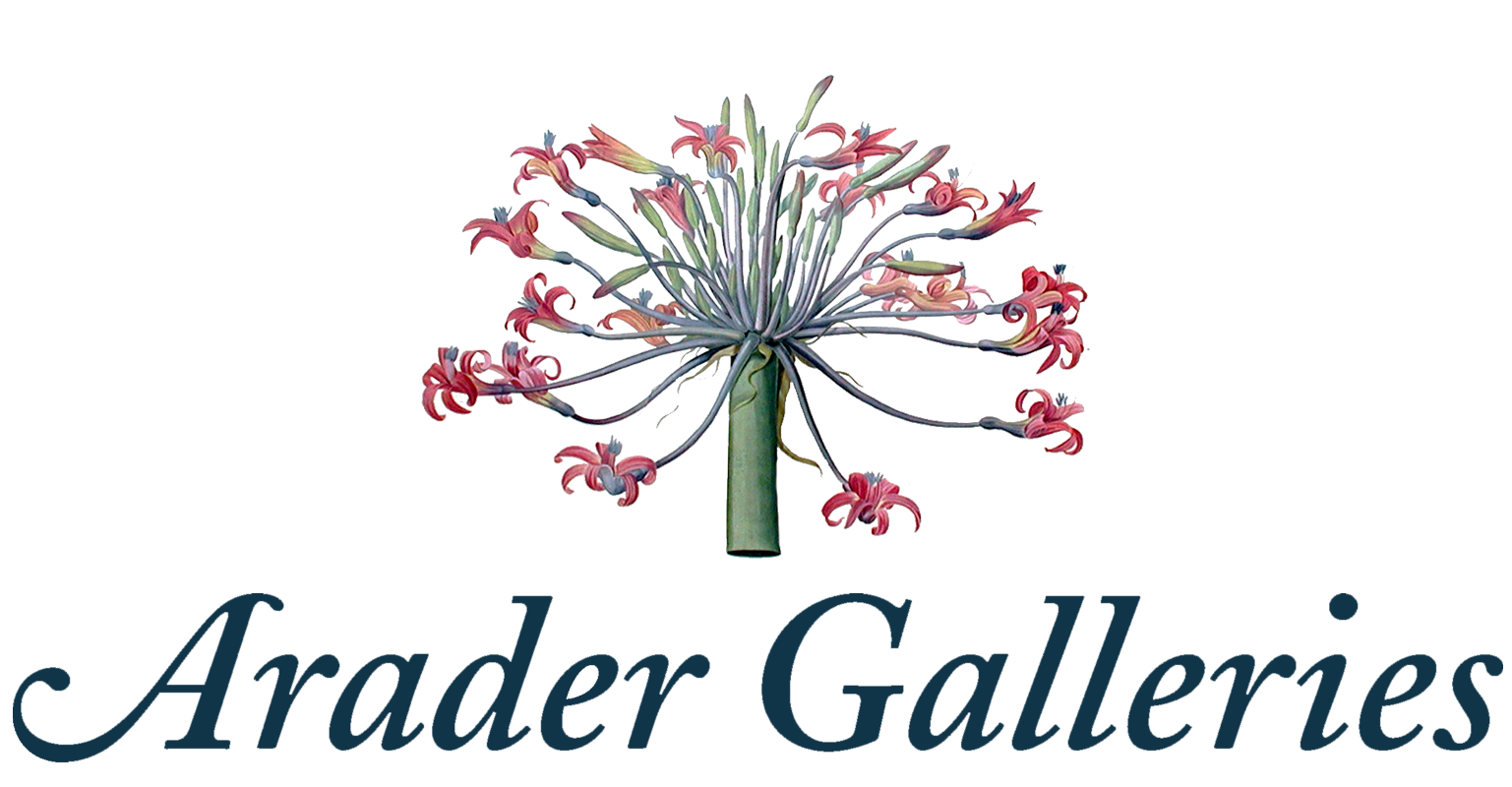32 products
Close
View Cart
Your cart is currently empty.
0
Total: $ 0.00
Shipping & taxes are calculated at checkout.























